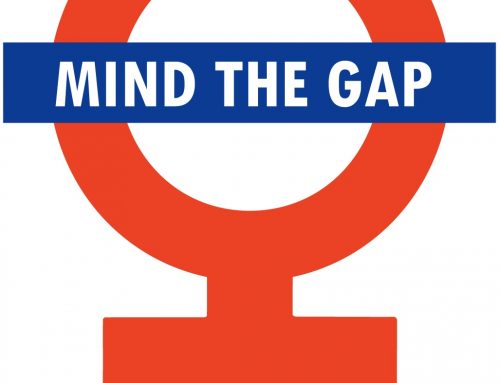 During President Trump’s campaign, his daughter Ivanka Trump proposed a paid parental leave program funded by the government. While her proposal is in no way comparable to the paid leave programs of other developed countries, it was at the very least a starting point. And since many have speculated that Ivanka has her father’s ear and good opinion, the reality of such a program became plausible.
During President Trump’s campaign, his daughter Ivanka Trump proposed a paid parental leave program funded by the government. While her proposal is in no way comparable to the paid leave programs of other developed countries, it was at the very least a starting point. And since many have speculated that Ivanka has her father’s ear and good opinion, the reality of such a program became plausible.
When the President’s budget containing the parental leave proposal was released in May, a sharp criticism appeared in The Wall Street Journal Opinion section:
“Once an entitlement is codified it expands…wait until Democrats double or triple the duration of the leave, which they will do as soon as they are in power. The idea that Republicans can propose a cost-effective entitlement is delusional, though many on the right accept income redistribution as long as the money flows to GOP constituencies.”
This piece prompted a response from Blackstone CEO Stephen Schwarzman, who wrote:
“At Blackstone , contrary to your view, we have found that paid family leave isn’t only smart policy, it’s good for business….while our expanded policy is still relatively new, we made the decision based on the knowledge that it would aid our recruiting and retention efforts, cut down on costs associated with employee turnover and, over time, produce a more diverse and loyal workforce—conditions that lead us to be smarter, better investors.”
This, in turn, prompted another WSJ Opinion piece, which hastily clarified that it was not against paid family leave, just against paid family leave funded by the US government.
“This would inevitably require higher payroll taxes or some other tax on business…One irony is that a new entitlement could crimp what has been a decades long expansion of benefits by private business. If taxpayers will be subsidizing some minimum leave, many companies with thinner margins than Blackstone may see little point in broadening their own coverage.”
Who knew that the concept of paid parental leave could be so controversial? Perhaps the controversy stems from what is typically a “leftist” platform proposed by a Republican White House to a Republican-controlled Congress. Therefore, it was gratifying to see Ivanka’s response appear in the WSJ this week:
“Currently, only 6% of workers in the bottom income quartile have access to paid family leave. Studies show that these individuals…are far more likely to lose or quit their jobs in the event of childbirth, resulting in a far greater cost to society over the long term.”
Compared to the traditional Republican stance that a healthy economy supports families better than a government mandate, Ivanka’s proposal is all the more interesting. Can she provide a bridge between Democrats and Republicans? The gulf between the two sides might be too large, though, because liberal lawmakers believe the proposal does not go far enough and Republicans won’t support it, even those Republicans who support some form of paid parental leave.
The picture is not completely negative: perhaps controversy is what paid parental leave needed to provoke this sort of public discourse. An article in The Washington Post covered the controversy:
“Trump’s proposal might never become a bill, but she has already won a tough battle: sparking a robust, bipartisan debate regarding paid leave…the idea is not to propose a plan but to get both sides first to say that a policy is needed…then work with both sides to decide on the actual plan.”
The way paid leave is framed by Ivanka Trump’s WSJ article and the WSJ’s Opinion section lays out an interesting choice: it could force decision makers to align themselves on either side of a previously “soft” debate: you’re either on the side of supporting paid leave to keep women in the workforce or you choose to maintain the status quo, which does not seem to be working in terms of gender parity in the workplace. The debate is one to watch.





